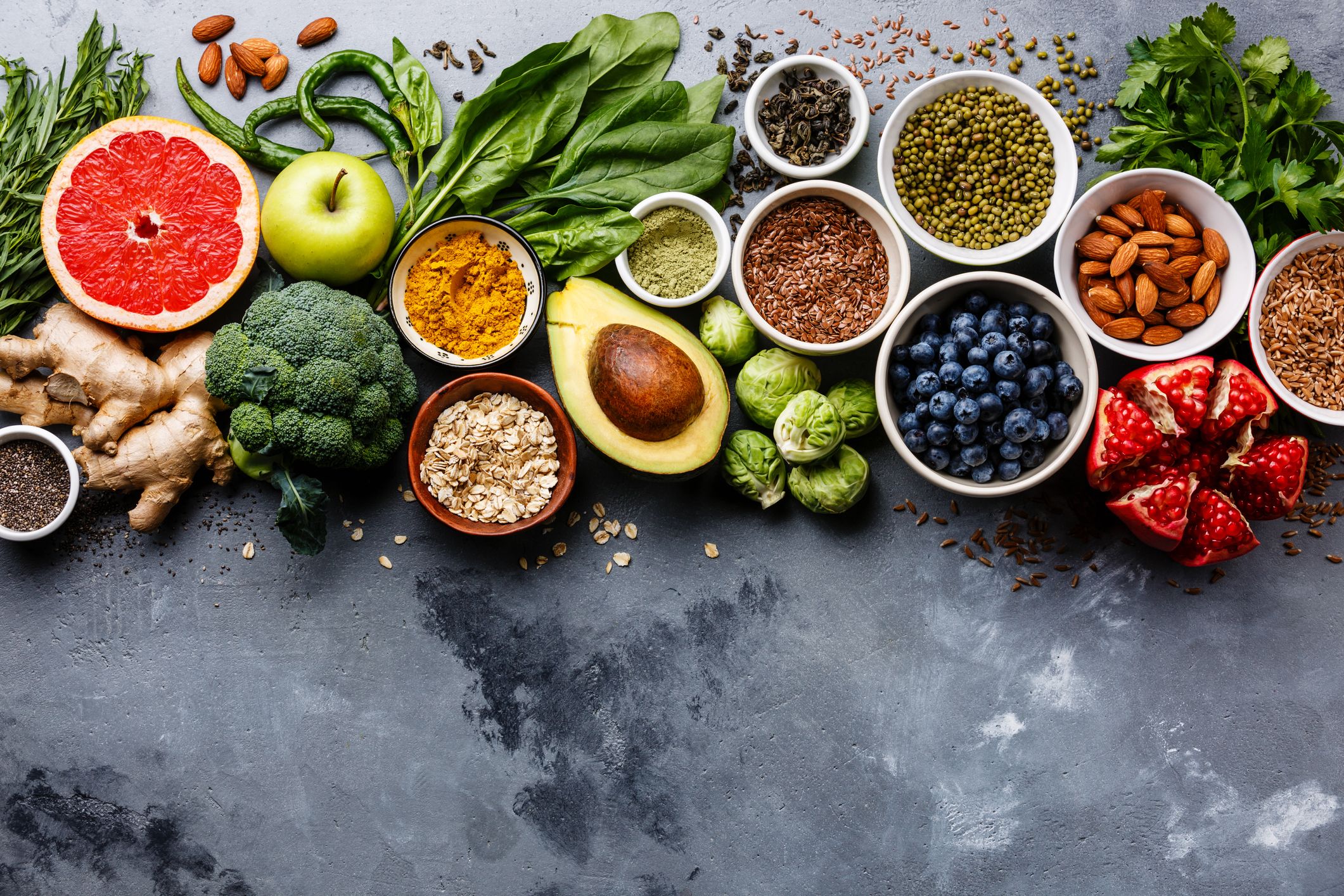We all desire luscious, vibrant hair that reflects our overall well-being. But did you know that what you eat can significantly impact the health of your hair? A balanced and nutrient-rich diet can work wonders for your locks, making them stronger, shinier, and less prone to problems like hair loss and thinning. In this blog post, I’ll explore the fascinating connection between your diet and the health of your hair.
Protein Power
Your hair is primarily composed of a protein called keratin, so it’s no surprise that a diet rich in high-quality protein sources is essential for healthy hair. Lean meats, fish, eggs, and plant-based options like beans and legumes provide the amino acids necessary for hair growth and strength. A protein deficiency can lead to hair that’s brittle and more susceptible to breakage.
Omega-3 Fatty Acids
Omega-3 fatty acids, found in fatty fish like salmon, walnuts, and flaxseeds, are crucial for maintaining a healthy scalp and promoting hair growth. They help keep your scalp moisturized and reduce inflammation, reducing the risk of dryness and dandruff. Omega-3s also support the hair’s natural shine and resilience.
Iron-Rich Foods
Iron is vital for the transportation of oxygen to hair follicles. A diet lacking in iron can lead to hair loss, as insufficient oxygen affects hair growth. To boost your iron intake, incorporate lean red meats, poultry, spinach, and lentils into your meals.
Vitamins and Minerals
Several vitamins and minerals are essential for hair health. Biotin (Vitamin H) is renowned for strengthening hair and promoting growth. Foods like eggs, nuts, and sweet potatoes are excellent sources of biotin. Vitamin A helps produce sebum, the natural hair conditioner and can be found in carrots, sweet potatoes, and dark leafy greens. Vitamin C from citrus fruits and vegetables promotes collagen production, vital for hair structure.
Silica, present in whole grains and cucumbers, contributes to hair strength and elasticity, while zinc from nuts and seeds helps maintain a healthy scalp. Additionally, antioxidants like vitamins C and E protect hair from oxidative stress and damage caused by free radicals.
Hydration
Proper hydration is often overlooked but crucial for hair health. Dehydration can lead to hair becoming dry and brittle. Drinking enough water helps maintain the hair’s moisture balance, preventing excessive dryness.
Avoid Sugar and Processed Foods
High sugar consumption can lead to inflammation, which is detrimental to hair health. Processed foods with excess sugar and unhealthy fats may lead to poor nutrient absorption and negatively impact the condition of your hair. A diet rich in whole, unprocessed foods is the way to go.
Balance is Key
While individual nutrients are vital for hair health, it’s essential to maintain a balanced diet. Overeating or undereating can disrupt the body’s natural processes, including hair growth. Aim for a diet rich in fruits, vegetables, lean proteins, and whole grains to support both your hair and overall well-being.
Your hair is an outward reflection of your inner health. By nourishing your body with a balanced diet that includes protein, healthy fats, vitamins, minerals, and proper hydration, you can support hair growth, strength, and shine. Avoiding sugar-laden and processed foods will protect your hair from damage and dryness. So, next time you’re at the grocery store, remember that your choices don’t just affect your waistline; they have a direct impact on the vitality of your hair. Make the right choices, and your locks will thank you for their radiant health and beauty.



